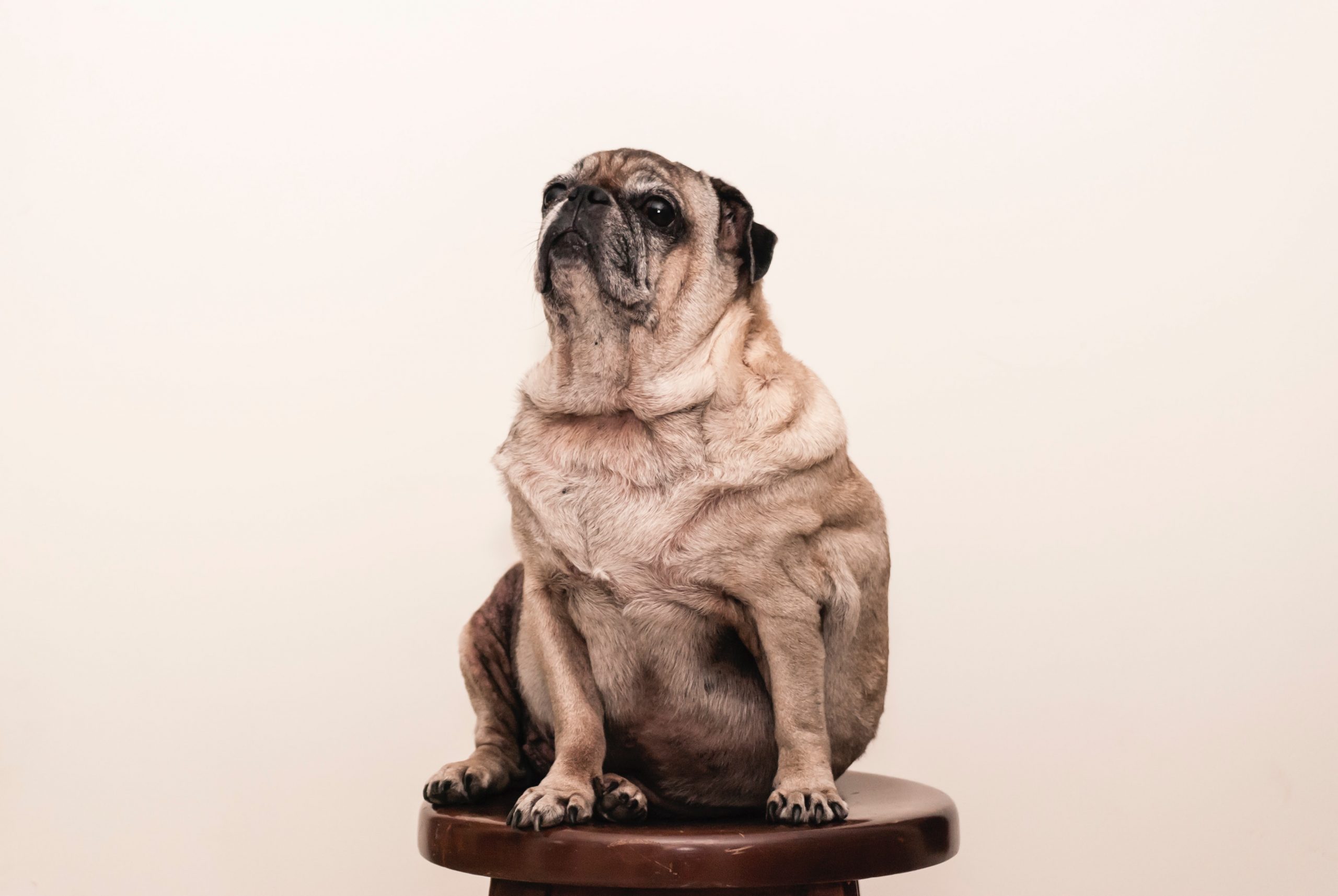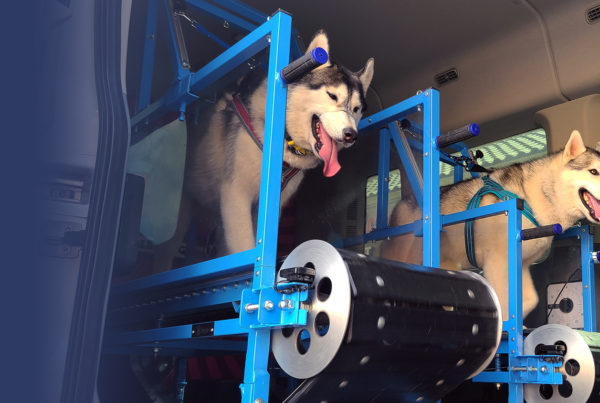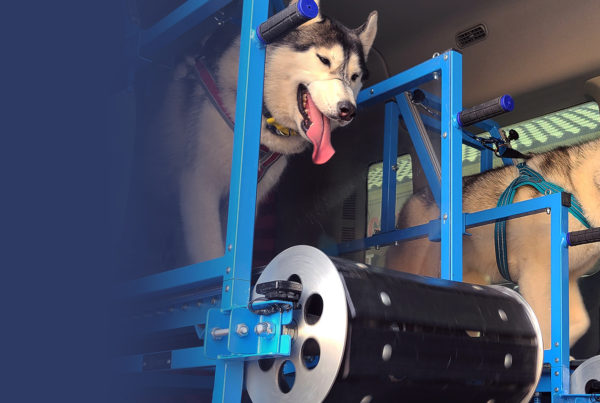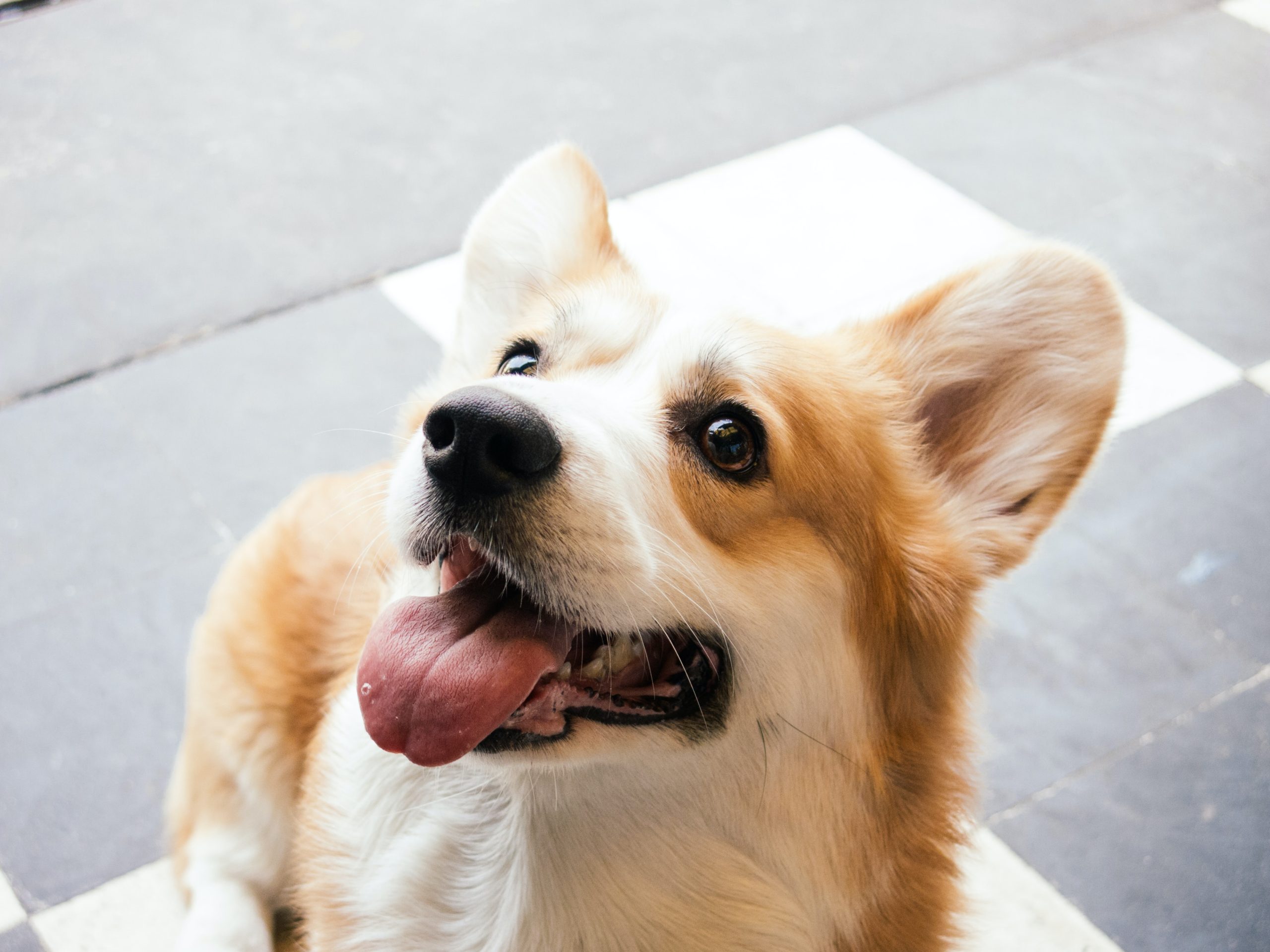While the main reasons that dogs gain weight is usually being fed too much of a fatty diet and a lack of exercise, there are also potential medical issues that will also produce weight gain. This is important to distinguish because if the reason that your dog is getting fatter is because of an underlying medical issue, misperceiving it as eating too much can be dangerous. This would be due to the fact that at the point where your dog’s body is struggling with a medical issue, our tendency is to cut back on food and starve them of nutrients at the time when they need it most. We need to look into the time frame that the dog has gained weight as well as the “type” of weight gain before making decisions, and always have your pet examined by a veterinarian if you notice changes that take place rapidly. We would define rapid as a period of weeks or months, instead of years. If your dog has been steadily getting fatter over the course of three years, it is probably a diet and exercise issue, but if they suddenly gain ten pounds in two months there is a very good chance an underlying medical issue is the cause. Here are a few possible medical issues that can cause weight gain in dogs.
Hypothyroidism: Hypothyroidism is loosely translated as the body not burning hot enough. Having a decreased thyroid production will cause the metabolism to slow down, and as a result cause weight gain because the calories are not being burned off. Even if you cut back on food, the weight gain will still persist because the body is not processing the nutrients correctly and burning the calories. If you suspect hypothyroidism it may be necessary to take your dog to a more specialized veterinarian in your area, as many veterinarians may fail to diagnose hypothyroidism during routine visits.
Diseases Of The Heart: Cushing’s Disease is a disorder of the endocrine system that increases the production of cortisol. This results in bloating and water retention. Many heart related issues will also cause water retention and bloat due to fluid leaking through the vessels and into the abdomen. Cushing’s Disease as well as many heart issues can cause hair loss and muscle degeneration as well, creating the situation where your dog is actually skinny but looks fat because of the water buildup in their abdomen. They will have a large and bloated belly and be skinny around the other portions of their body. There is also a good chance that their belly will feel hard and tight, instead of the soft and loose feeling that fat usually produces. This is literally because they are full of fluid and their body is uncomfortable. Heart issues and cancer can easily go undiagnosed because the veterinarian simply believes the dog is being fed too much, which is why it is important to see a specialist if you believe that the weight gain is fast or if it seems that your veterinarian may not be correctly diagnosing. A condition like pulmonary hypertension causes fluid to leak into the abdomen because the heart is not pumping blood effectively due to high blood pressure. It may make your dog appear fat and show a decreased amount of energy, leading you to think he or she is simply lazy. Their desire to lay down or not walk on a leash may make you get frustrated and think they are being stubborn. This is sometimes that their heart is not working properly and the need for medical attention is severe. In our local area of Las Vegas, there is only one canine cardiologist to serve our entire population (Dr. Forney works at the Las Vegas Veterinary Specialty Center) and as a result many of these issues go undiagnosed or misdiagnosed for lengthy periods of time. Many heart issues can be treated with medicine to give your dog a better life for the remainder of their time, so it is important to see a specialist as soon as possible if you believe your dog is rapidly becoming bloated.
Prescription Drugs: If your veterinarian has put your dog on prescription drugs for any variety of reasons, they can cause weight gain. This is due to the changes they are causing to your dog’s metabolism. If your dog has been put on prescription drugs and is gaining weight, consult your veterinarian to discuss possibly switching medications or a plan that can take the extra weight off.
Intestinal Parasites: If your dog is getting a potbelly, it could be intestinal parasites. These parasites attach themselves to the intestinal wall and use the nutrients that your dog should be gaining when they eat food. Their presence causes fluid to build up in the area that is infested. This is common in many puppies, but can easily happen to adult dogs as well if they eat poop or are in contact with other dogs that are infested. If you notice your dog getting a potbelly, see your veterinarian.
Diet and exercise are the most common weight gain causes in dogs, but the medical issues that can also cause weight gain (or even the appearance of weight gain when the scale doesn’t show it) can many times be ignored because we simply think the dog is lazy and likes to eat. Remember that they cannot tell you when they are in pain, hurting or do not feel well. We must look for the signs and take action in order to give our dogs the best life they can have.




